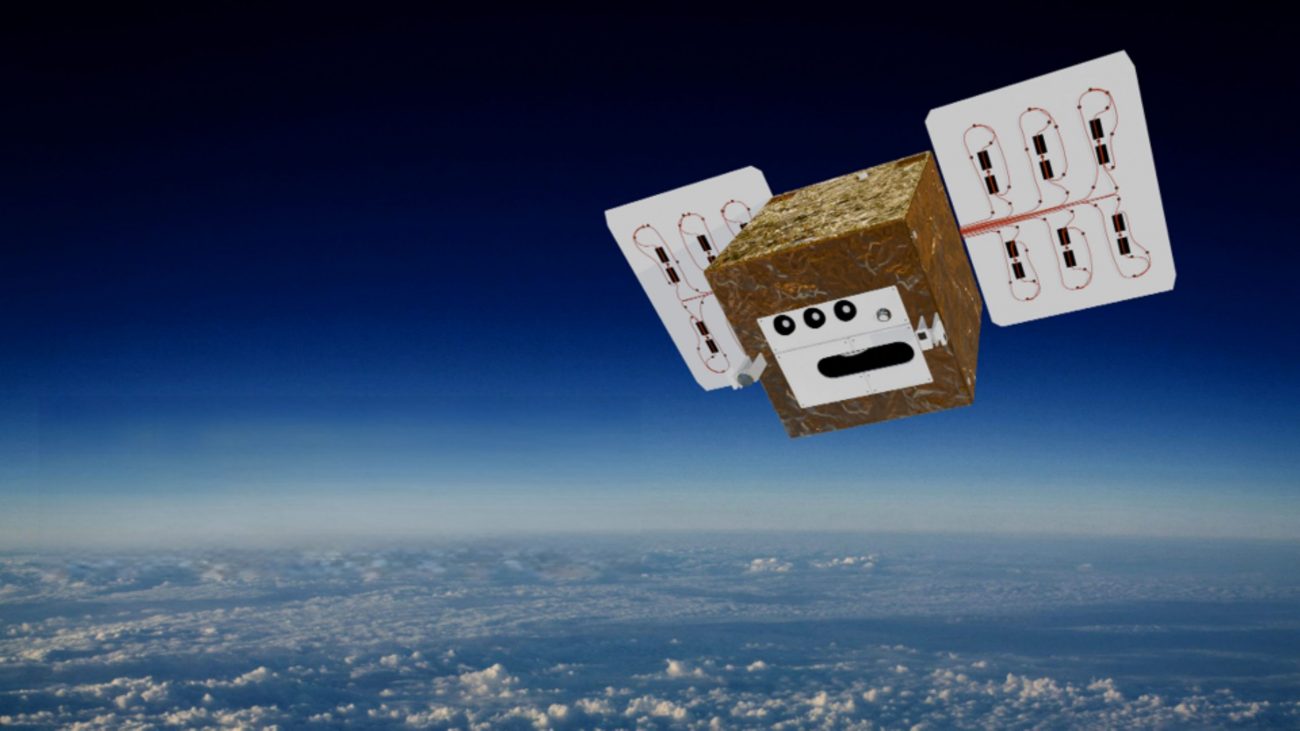With the funding secured, the launch of DIEGOSat is now much closer. The satellite will provide high-precision environmental data for research, climate protection, and sustainable decision-making.
With the support of the North Rhine-Westphalia Ministry of Economic Affairs, a consortium of scientists and industry representatives has launched the DIEGOSat satellite project. Under the leadership of Dr. Johannes Schultz from Ruhr University Bochum, a thermal infrared sensor originally developed for the ISS will be operated on its own satellite in the future.
DIEGOSat provides thermal imaging data with high temporal resolution and enables applications in environmental monitoring, agriculture, and disaster control. With up to three flyovers per day over Germany, vegetation, drought, water requirements, and fires can be monitored precisely, allowing for better assessment of crop failures, drought, and environmental hazards.
Researchers at the University of Bonn are supporting the project with simulations to optimize the satellite sensor for various applications. The feasibility study currently underway is defining the technical requirements, objectives, and data products. With funding of around 300,000 euros from the NRW Ministry of Economic Affairs and Climate Protection, the foundation is being laid for the construction of the satellite and the establishment of a control and evaluation center.
